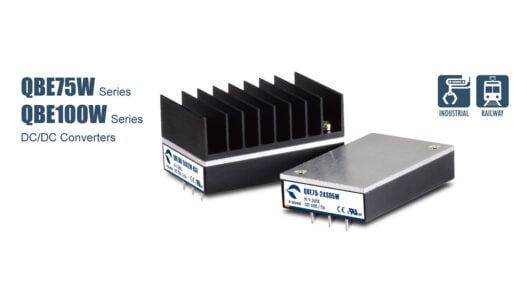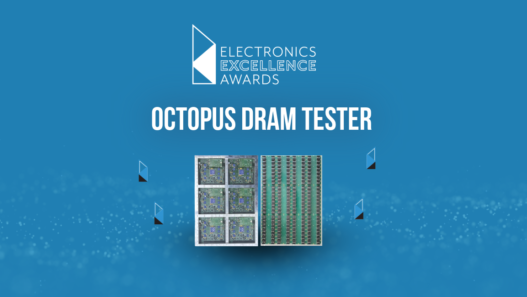In its proposal, the Commission proposes robust public and private investment in chip fabrication as well as semiconductor packaging. Electronic interconnection within the package is key to realising more advanced functionality and economic efficiencies in chip designs. Pairing investments in advanced packaging with investments in chip fabrication is necessary to technological innovation and greater supply chain resiliency.
“The Chips Act is critically important in ensuring a sustainable supply of cutting-edge chips for Europe’s electronics manufacturers and strategic industries,” said IPC President and CEO John Mitchell. “However, chips don’t function in isolation; they require interconnection with other components via printed circuit boards and PCB assemblies, which are mostly built outside of Europe. To meet the goals of the Chips Act, Europe needs to take a comprehensive approach to bolstering the region’s electronics manufacturing ecosystem.”
IPC has been a leading European voice for a “silicon-to-systems” approach that recognises the strategic importance of printed circuit board (PCB) fabricators and electronics manufacturing services (EMS) companies. Last April, IPC released a detailed analysis of Europe’s strengths and vulnerabilities in these critically important sectors as well as policy recommendations to boost the resilience and competitiveness of the industry in Europe.
Electronic systems are essential to every industrial sector across Europe’s economy and key to delivering on Europe’s digital and green transitions. And yet, the Chips Act perpetuates a far too narrow, triage-like approach to technological innovation focused almost singularly on one segment of the electronics manufacturing ecosystem to the exclusion of the ecosystem upon which it depends. A viable, long-term strategy for innovation and economic growth requries a strong foundation of European electronics manufacturing which largely remains marginalized in the region’s industrial policies.
Alison James, IPC’s Senior Director for European Government Relations notes, “The European electronics value chain has strategic gaps and vulnerabilities which include, but are not limited to, semiconductors. Now more than ever, it is vital that chip investments are made within the framework of a broader strategy designed to strengthen the region’s electronics industry through all its constituent parts.”
IPC has been making the case to European policymakers that there is a real opportunity now for the EU to deliver on the full potential of the Chips Act by also fostering needed investments in the crucial supply chain including R&D, Packaging, specific equipment, new PCB and EMS facilities and a skilled and educated workforce across the chain. A holistic approach to the sector is needed to ensure future innovation, resiliency, and security.
IPC looks forward to working with the European Institutions and Member State Governments to implement the Chips Act and to augment it with much needed support for the related industries upon which semiconductor manufacturers rely. IPC calls attention to building Europe’s capacities throughout the electronics value chain, the importance of technological sovereignty without losing sight of working closely with strategic partners to obtain the required resiliency in all supply chains dependent on electronics.







